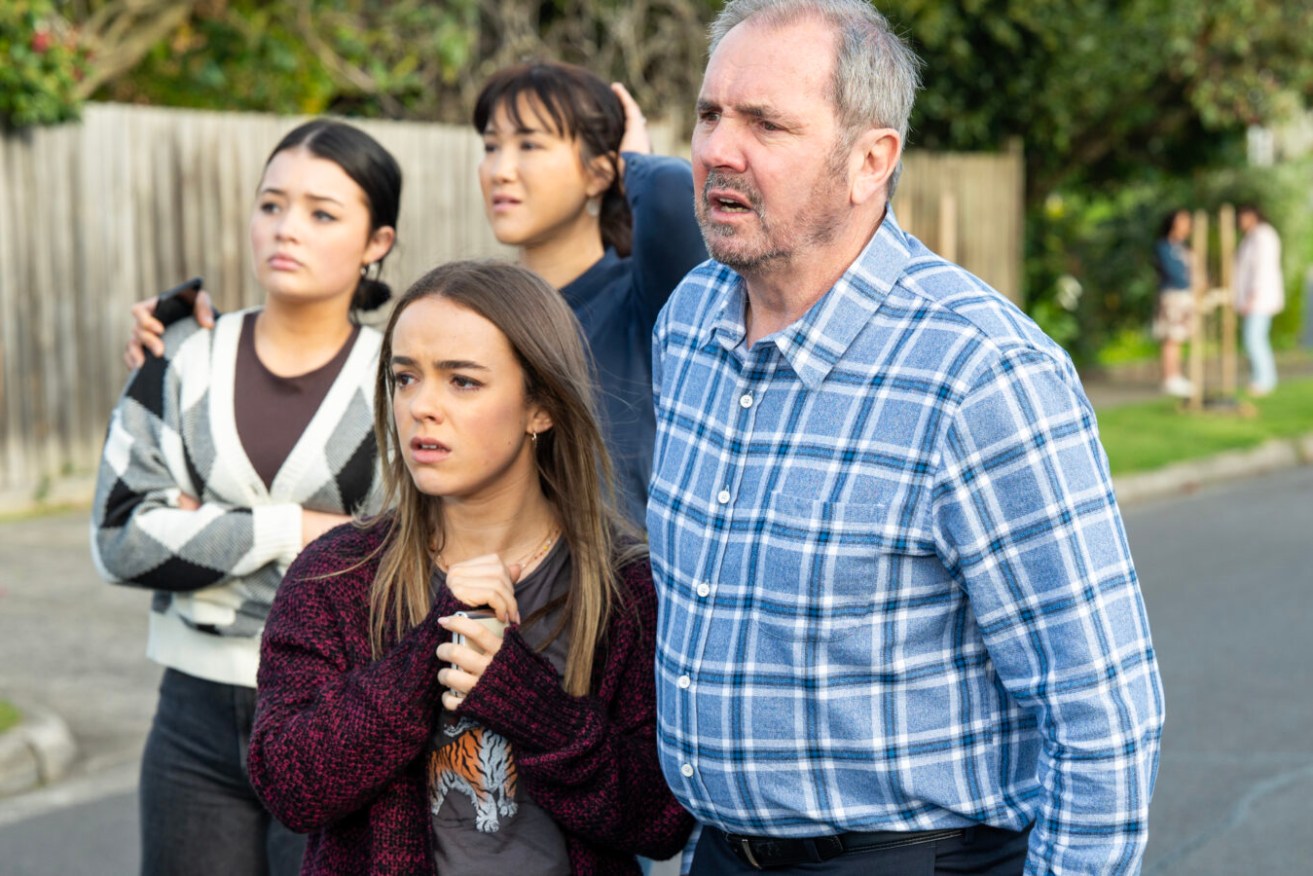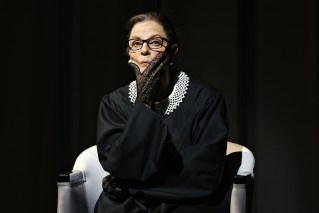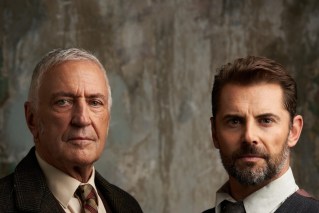A ghost? A dream? Why the indestructible soapie will never truly die
Neighbours recently broadcast its 9000th episode, prompting one Brisbane author – who also happens to be a Neighbours script editor – to reflect on the longevity of soap operas

A scene from Neighbours with Sadie Rodwell ( Emerald Chan), Wendy Rodwell (Candice Leask) and Holly Hoyland (Lucinda Armstrong Hall) and Karl Kennedy (Alan Fletcher). Photo: Ray Messner
Stephen Vagg
There’s an old TV proverb that goes – “No one is ever truly dead on a soap opera”.
The story team can always devise some way to resurrect a character if the execs demand it – via a witness protection storyline, say, or as a ghost, or in a dream, or as a doppelganger.
And just like a good soap character, it’s hard to kill off a good soap. Neighbours was axed in 2022, only to be brought back from the dead several months later: I’m about to start writing episode 9141.
Home and Away recently aired episode 8227, but those two shows are spring chickens compared to Coronation Street (11,213 episodes and counting), Days of Our Lives (over 14,800 episodes) or The Archers (over 20,000).
A big factor in the longevity of television soaps is, admittedly, economic – they are, on a per minute basis, the cheapest form of drama to produce. This makes them particularly attractive for broadcasters fulfilling any local quota content requirements.
The soap format is also marvellously adaptable to different countries, an ideal way to reflect the concerns of a domestic culture. (Dutch and German versions of the Oz soap The Restless Years debuted in the early 1990s and both shows are still running on air.)
And, of course, soaps are (if you get the stories right) highly addictive, with their cliff-hangers, plot twists, slow burn unresolved sexual tension and characters you come to love as family.
Indeed, while the number of what I will call “pure” soaps has declined on television in recent decades, serial storytelling has bled into all aspects of small-screen drama. Many shows that wouldn’t dare to describe themselves as soaps are basically soaps (hi there, Yellowstone); it’s become rare to find a procedural or a sitcom that doesn’t contain at least one serial story arc.
I’ve always liked soaps myself. In high school I was into Home and Away, then at uni I discovered Neighbours, Days of Our Lives, Chances and E Street. Soaps had this cache among uni students in the ’90s, with their energy, young characters and scheduling that made them ideal for study breaks in the pre-internet era. So, I got hooked.
But I don’t think I ever really, truly got the appeal of soap operas until an incident in January 2001. My girlfriend was crossing Parramatta Road in Glebe, Sydney, when she was hit by a speeding motorbike rider (later convicted for dangerous driving). She broke 17 bones, two of which punctured the skin in her left leg, and she was in a coma for 15 days. During that time, we weren’t sure if she’d live, die, be brain injured or have her leg amputated.
I spent a lot of time in the hospital waiting room, which had a television that played Foxtel. One day it was tuned to Turner Classic Movies and showed the 1942 Hollywood classic Kings Row. For those of you who didn’t grow up with Bill Collins on Saturday nights, Kings Row was based on a soapy best-seller about the lives and loves of the inhabitants of a midwestern small town – kind of the Big Little Lies of its day.
I’d long considered Kings Row a good movie but the experience of watching it while waiting to hear if my girlfriend would die on the operating table (at a time when we were meant to be moving in to our first place together) gave the film meaning in a way I’d never envisioned.
You see, a lot happens to the characters in Kings Row. They go insane, are euthanised, commit suicide, lose fortunes through embezzlement, become orphans, get clinical depression and have their legs amputated by vengeful doctors.
Seriously, one of the subplots has a doctor sadistically cut the legs off a healthy man (played by Ronald Reagan, in his best film performance) because said man once slept with the doctor’s daughter.
Admittedly, this was not the most reassuring thing to watch while doctors were actually discussing whether to amputate my girlfriend’s leg, but it did have incredible cathartic power on me as a viewer – as did the whole movie.
Because no matter what the characters endure in King’s Row, they kept going, charging through life, with its pain, suffering, joy, loss, birth, death, friendship, family and amputations.
It was truly one of the most purgative, moving, revelatory film-going experiences in my life. (Incidentally my girlfriend recovered, with all her limbs intact and after a long rehab, including a bout of amnesia – which even at the time I knew was very soapie – we subsequently got married and had a child. she recently directed her ninth feature film.)
This, in my opinion, is why soap, when it works, really works – not just as a bit of fluff or “guilty pleasure” but as something that reflects the struggles of life. Procedural shows (cop, legal, medical) focus on finding order out of the chaos. Soaps are about surviving that chaos.
And that primeval appeal is why a good soap, like a good soap character, will never truly die.
It just may come back as a doppelgänger.
Stephen Vagg is a Brisbane writer and script editor on Neighbours.
This article is republished from InReview under a Creative Commons licence. Read the original article.













